this girl pretends to read sylvia plath to get more likes
forced intellectualism and performative reading.
Recently I wrote a bit about how to keep yourself and your originality when all the algorithms are pushing us to take part in every trend to get any audience involvement. And as I said, in my opinion, the most important thing is not to force ourselves to do anything, to try to make a thing represent our personality, and to do everything so that our actions bring us fulfillment, help us express ourselves and are a pleasure for us.
Is an example of the loss of originality the phenomenon of “performative reading” that has been so talked about recently on Tiktok or Youtube? I've come across several videos saying that we are now reading 10 of the same books that have been deemed valuable by the majority, and everyone is recommending the same thing. I've come across a lot of theories saying that a) people don't really read them at all, they just pretend to do so in order to say they have these books and know these authors b) people, even if they read them, don't understand them at all and don't get anything out of them.
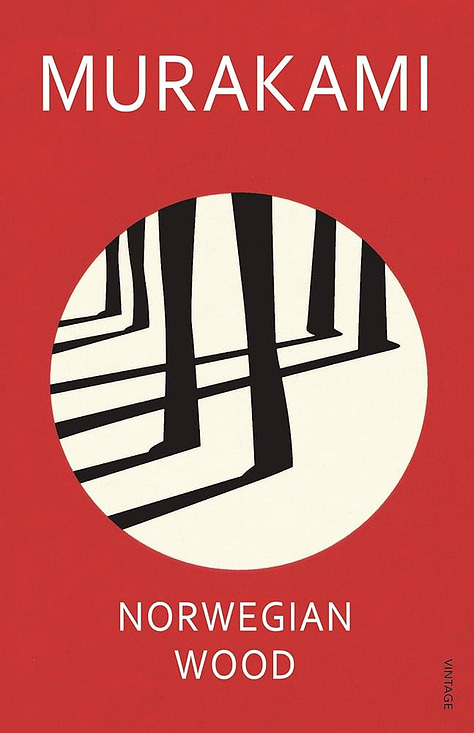
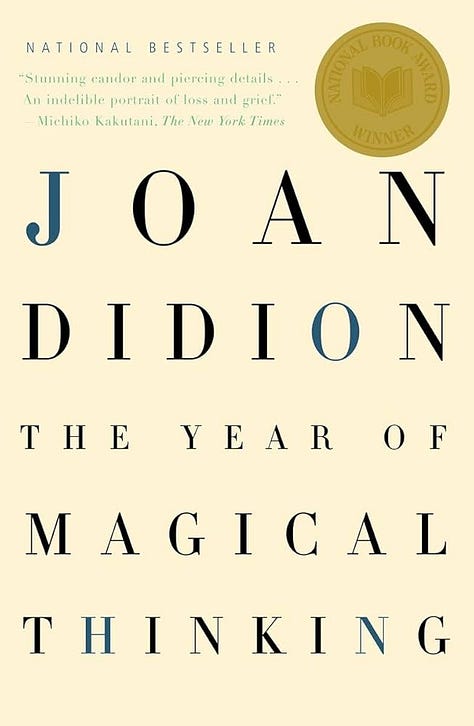
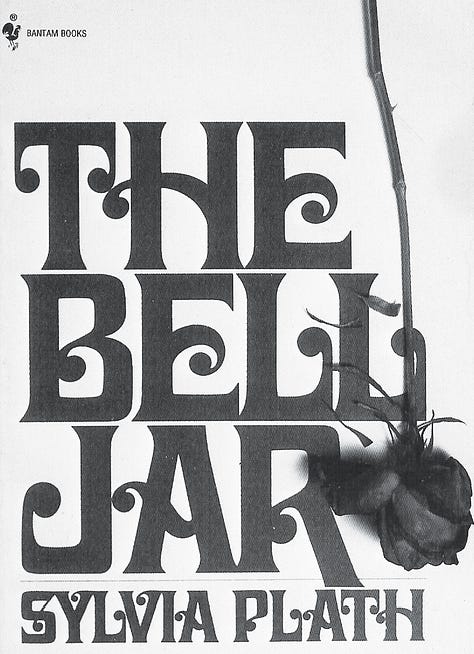
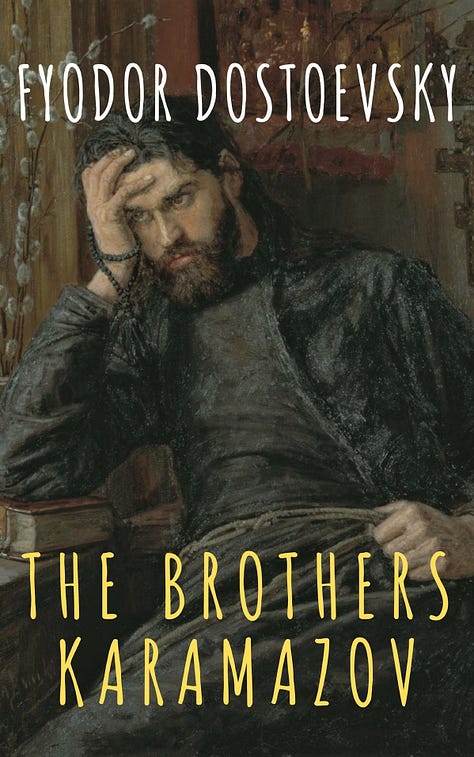
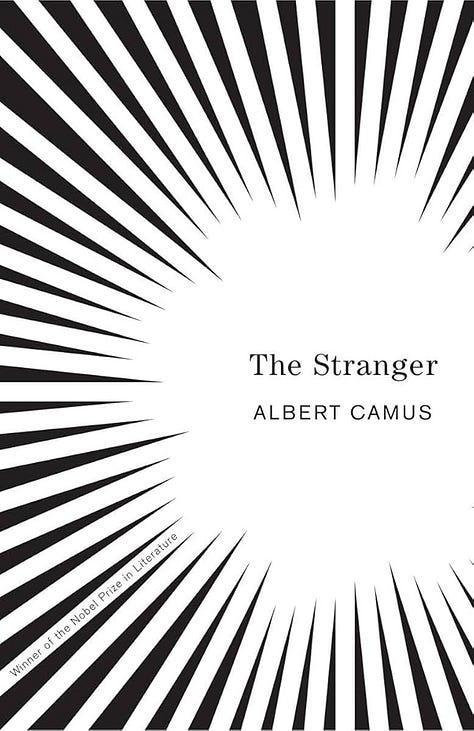
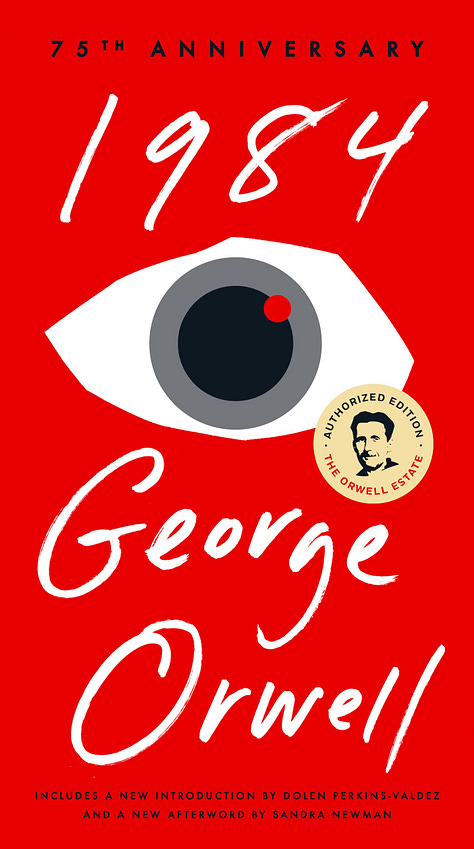
In this way, the media has created another ironic figure of the 'intellectual reader', i.e. someone who goes to a public place where there is a crowd, a park or a cafe, and always has one of these books (usually classic literature) with him. This 'intellectual' doesn't do it to learn about the book, but for the sake of being perceived by others as someone serious, wise, choosing a good classic and not a weak young adult book.
Is it really like that? I don't know, because I won't get into the mind of all the people who drink matcha lattes when “The Bell Jar” lies next to them. I don't know if they took a picture on Instagram and put it aside, or if they actually brought it to read. I don't know how much of the book they understood or if they understood anything at all. But the truth is that you and others don't know either.
The Internet is a place where everything always comes full circle. Until a few years ago, it was young adult fiction that received a negative reception, because it was claimed that they do not convey anything and instead, it is better to read “1984”. This is the only choice to develop intellectually. Users themselves have created a situation in which classical literature is a symbol of intellectual heights, it is even something elitist, for the chosen ones. It is supposed to give more than some romance. Today the situation has reversed. Now it is the people who have never read Orwell who are higher than those who proudly pose with “1984” on an instagram story.
The problem supposedly is that everyone reads the five classics and recommends them. Sure, I also believe that we should not limit ourselves just to explore further, but if someone starts reading such literature, he will choose something that is everywhere and later also recommend it. It's exactly like with movies - if up to now we have watched. only Netflix and we want to watch outstanding productions of different genres, we will start with the most appreciated and recommended ones and then go deeper and deeper. We need to begin at some point to be able to know what we like and what we don't, what we like and what doesn't excite us. It's the same with music, we're most likely to first listen to the most popular album or songs the artist is most famous for. to see if it's for us at all. I think few of us will start with unreleased songs, which have to be found in the depths of the Internet. Especially when the whole Internet is buzzing about some specific stuff, so it's not surprising that more and more people will show them on their story.
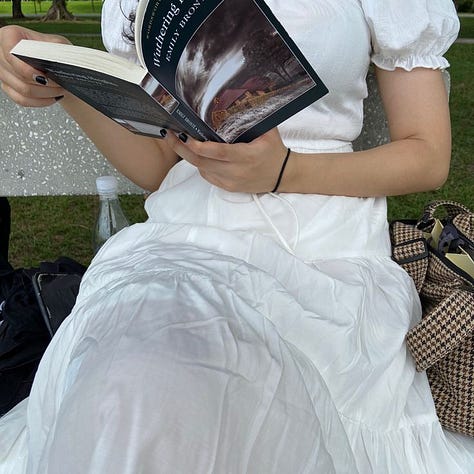
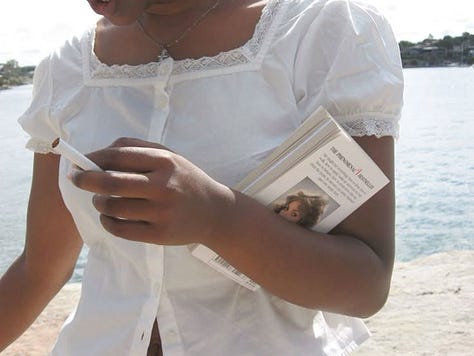
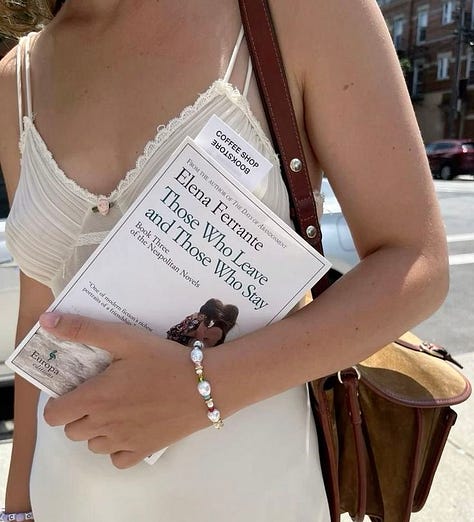
Perhaps such books are just what people would like to read, to delve into. Maybe they would like to become readers of more mature literature, or more experimental literature. Maybe this is how they build their own personality, identity, taking Albert Camus with them, wanting to understand such material, to become accustomed to novels that until now have been difficult, inaccessible, unknown to them. We adapt our choices to what we see around us, we want, as people, to be part of something bigger, so since most say something is good, we will start there.
Not every form of self-presentation is fake, sometimes it's simply an aesthetic language of self-expression. It's perfectly normal to share things that move us, and a book is one of the more meaningful mediums to show. I have observed two rather absurd situations.
1) Accusing someone of feeling superior because they are showing a book by Sylvia Plath, meanwhile the same person proudly telling everywhere that they don't like Sylvia Plath. Isn't that just showing someone that you are superior because you don't like something so “pseudo-intellectual” in your definition?
2) Being annoyed that authors are becoming popular and can't be gatekeeped. Some people act like these people who say that you can only go to the artist's concert when you know his entire discography. This is literature, it is not for the elite, everyone has the right to read it.
If it bothers you that someone reads “Crime and Punishment” ‘performatively’ because others will think you read it for that reason too, what does that actually mean? Why do you care so much about how people will perceive your reading of books? Isn't that exactly what performative reading is? For them to see you in a particular way that you have in your mind? Why are you so eager to prove that you knew Dostoevsky before the Tiktok people started quoting him?
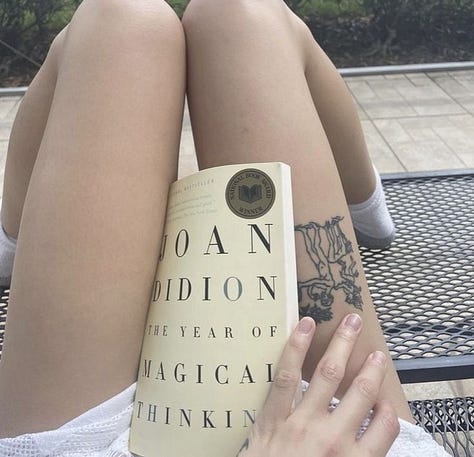
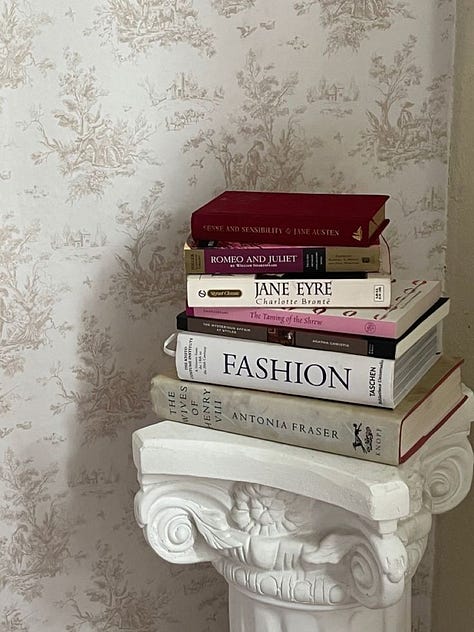
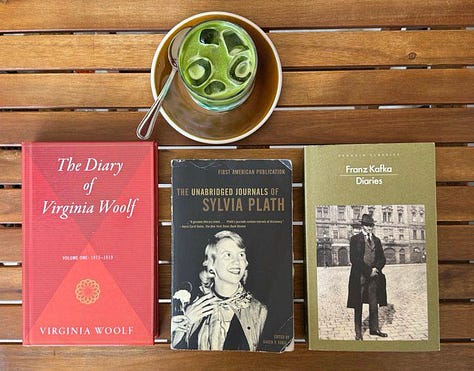
As for not understanding literature - we don't have to understand and comprehend everything the first time. In high school I tried to read “The Unbearable Lightness of Being” and didn't understand it at all. Ten years later, I can say that it is one of the most important books for me. But I also really wanted to read it then, because I saw it everywhere. In this way, you also create a new intellectual space. By delving into these authors or genres, you begin to understand different cultural contexts, you gain a general idea of what's going on in literature, you see a new, broader perspective, you enrich your vocabulary and your imagination.
Nowadays it is very easy to read "bad books" according to the Internet, some are too stupid and a waste of time. Others for that only pretend to be difficult and wise. I remember how many people complained that on the subway or bus people sit with their face in their phone instead of a book. Now when someone takes out a Joan Didion’s book in public, he is already recorded and posted on Tiktok as "this one who reads performatively."
We must also remember that this is a stage we often go through in everything. We’re young people. We try different roles until we finally start to realize what really shapes us. It's the same with reading. You may start with "trendy" books, but that doesn't mean you will always follow only them. It can simply be a stepping stone on the way to a more mature approach to literature, to self-reflection, to wondering who you are. Just like any other form of identity exploration - it doesn't have to be forever. It may simply be the beginning of a path that will evolve.
In a culture that pushes us to scroll unreflectively, the very act of reaching for a book is a step toward change. At first, we follow others. This is called social imitation - and it has a function. It teaches us what is important at a given time, and allows us to find ourselves in a group. Then we will experiment with literature and find something that is ours and that expresses us. Our reading tastes will shape up.
It's a manifestation of our desire to be more informed readers, to choose literature better, to explore it, to educate us. So we do things that go with that. Maybe it's a path with the opposite direction - from the appearance to the core. But does each one have to look the same?
It's like being a creator, which I wrote about recently. It's checking out different things and looking at what touches us. It's another process to get to our inner self and understand what fascinates us in literature as well. Literature is very important in how we perceive the world, so it is meaningful that we all try to find ourselves in it somehow, maybe blindly, maybe holding someone's hand. But in the end we let go of that person and go alone anyway.
Write what you think about this phenomenon and why every few months a different group of books readers is so criticized. Thanks for reading and subscribing. Find me on tiktok, instagram, pinterest and tumblr.






We really can't win! You read trash in public, you're shallow and should read something better. You read "literary classics" in public, and you're being performative! Love how you pointed out this Catch 22. And it really is all the better reason to just say eff it and read whatever you want, because people are going to be mad no matter what you do!
Got this notification while (re)reading The Bell Jar in my room!
I’ve felt self conscious pulling out the book in public because my reading of it is coinciding with its trendiness, and I don’t want to be mistakenly perceived as reading it just for the aesthetic rather than to enjoy it again because I enjoyed it before. I think that we create a hierarchy of readers or reader-intentions because it’s in our nature to seek ways of feeling superior or at least good, and I don’t think that will ever stop. It sure does suck, though, since reading (not just photographing a book) for any purpose is a fulfilling pursuit that everyone should be encouraged to participate in :/